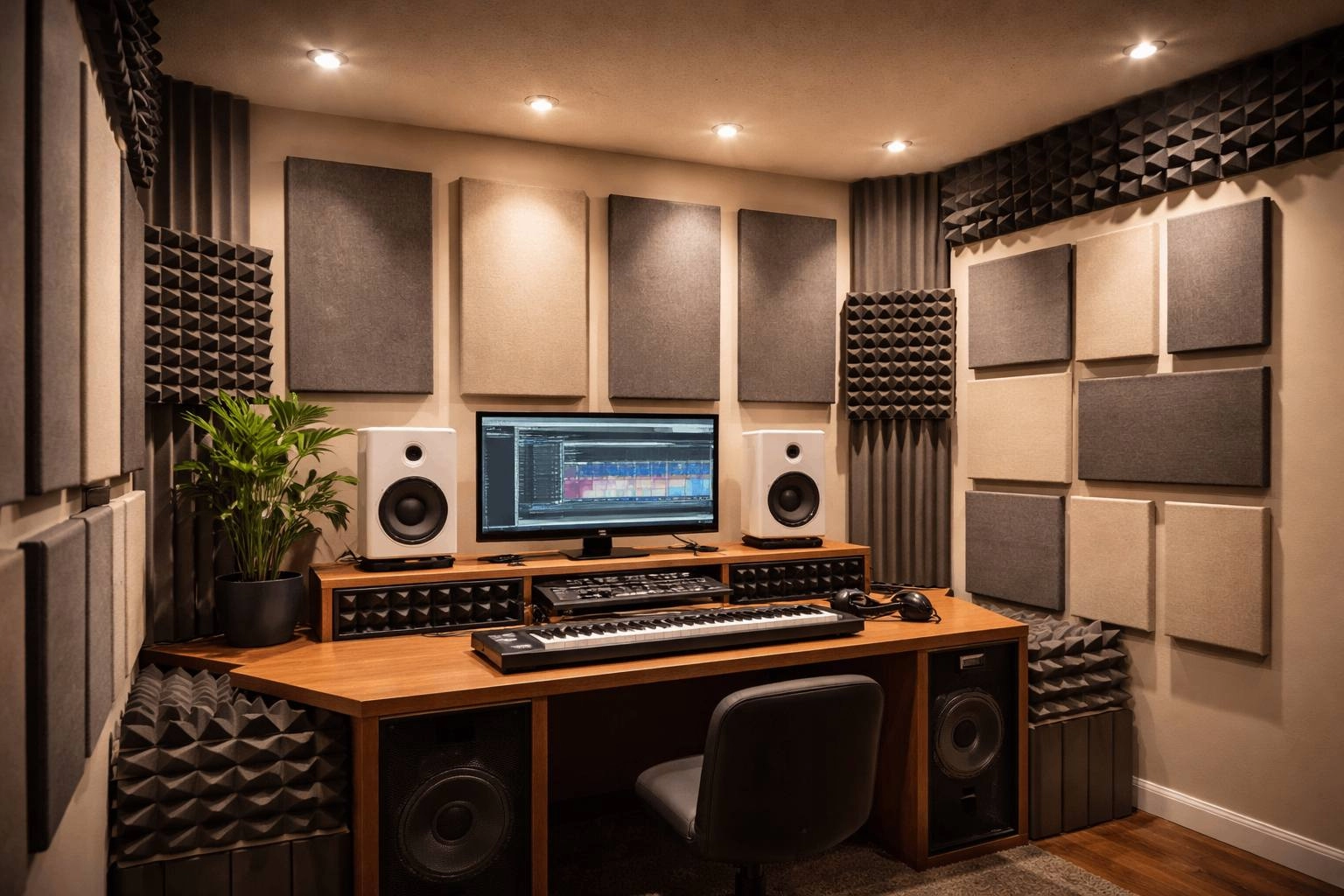The Evolution of Digital Cameras: Are They Still Worth Buying?

In today's fast-paced digital era, the question arises: are digital cameras still worth buying? With the rise of smartphones equipped with high-quality cameras, many people wonder if investing in a standalone digital camera is still necessary. In this article, we will explore the evolution of digital cameras, their advantages over smartphones, and why they are still a valuable tool for photography enthusiasts and professionals alike.
- Image Quality:
One of the primary reasons why digital cameras are still worth buying is the superior image quality they offer. While smartphones have made significant advancements in camera technology, digital cameras, especially DSLRs and mirrorless cameras, provide larger sensors, better low-light performance, and higher resolution. These features result in sharper images, more accurate colors, and greater dynamic range, allowing photographers to capture stunning details and create professional-grade photographs. - Flexibility and Control:
Digital cameras provide photographers with a wide range of manual controls, allowing them to have complete creative freedom. From adjusting aperture, shutter speed, and ISO to using different lenses for various shooting scenarios, digital cameras offer unparalleled flexibility. These controls enable photographers to experiment with different techniques, such as long exposures, shallow depth of field, and capturing fast-moving subjects, which are often limited on smartphones. Additionally, digital cameras support RAW file formats, providing greater post-processing capabilities and preserving more image data for editing. - Specialized Features:
Digital cameras come equipped with specialized features that cater to specific photography needs. For instance, sports and wildlife photographers benefit from fast continuous shooting speeds and advanced autofocus systems, ensuring they capture every crucial moment. Landscape photographers can take advantage of wide-angle lenses and high-resolution sensors to capture breathtaking scenery with intricate details. Moreover, digital cameras offer advanced image stabilization mechanisms, allowing photographers to shoot handheld in challenging conditions, such as low light or telephoto zoom. - Interchangeable Lenses:
One of the significant advantages of digital cameras is the ability to interchange lenses. This feature provides photographers with a vast selection of lenses tailored to different genres of photography. Whether it's a macro lens for close-up shots, a telephoto lens for wildlife photography, or a wide-angle lens for capturing expansive landscapes, the ability to switch lenses allows photographers to adapt to various shooting situations and achieve desired results. This versatility is not possible with smartphones, which have fixed lenses.
Conclusion:
In conclusion, despite the advancements in smartphone camera technology, digital cameras are still worth buying for photography enthusiasts and professionals. The superior image quality, flexibility and control, specialized features, and the ability to interchange lenses make digital cameras an indispensable tool for capturing stunning photographs. While smartphones are convenient for everyday snapshots, digital cameras offer a level of creativity, versatility, and image quality that cannot be matched. So, if you are passionate about photography and want to take your skills to the next level, investing in a digital camera is undoubtedly a wise choice.





